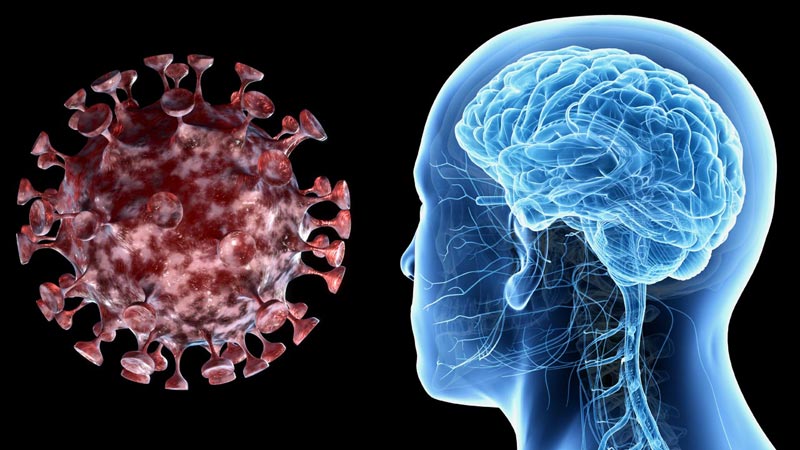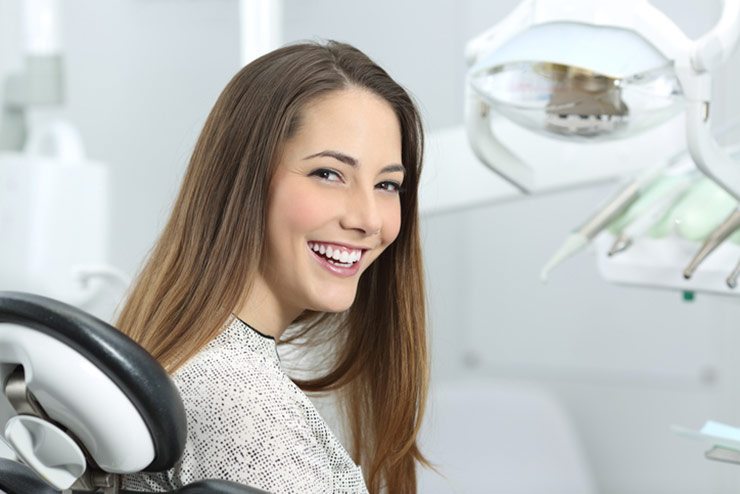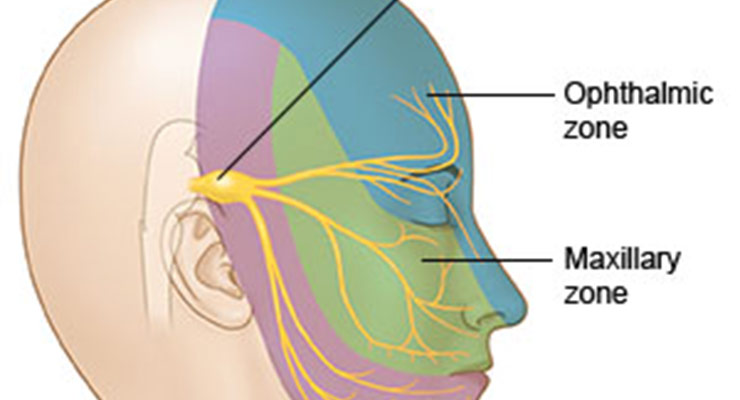
About 14 million American adults suffer from chronic migraines.
Migraines are severe headaches that occur 15 or more days a month for at least three months and are not caused by any other condition. However, despite the frequency of chronic migraines, the disorder is difficult to diagnose. The National Headache Foundation estimates that fewer than half of all those who suffer from migraines, either chronic or occasional, receive this diagnosis. As a result, many do not get the care they need.
Diagnosing Migraines
One problem in diagnosing migraines is that a headache is often a symptom of another problem. For example, high blood pressure can cause headaches. Physicians must eliminate potential underlying conditions before diagnosing a migraine. A diagnosis also requires a detailed headache history, including:
- Headache frequency and duration
- Pain severity – Accompanying symptoms
- Effect on everyday activities – Family history
- Events surrounding headache development
- Treatment attempts and results
Wide-Ranging Symptoms
Another problem with diagnosing migraines is the wide range of accompanying symptoms. Some people, for example, may describe their headache pain as a vise-like band circling the head, while others feel a throbbing pain on one side of their head. Symptoms can also vary from one migraine event to the next in the same person. Other typical symptoms are:
- Nausea or vomiting
- Visual impairment or auras
- Sensitivity to light or sound
- Pain that pulsates or throbs
Chronic Versus Occasional
Chronic migraines are the most debilitating of all headaches. Studies have shown that those with chronic migraines have higher rates of depression, anxiety and fatigue than people who have less frequent headaches. Chronic migraine patients also report lower quality of life and reduced ability to work outside the home. In addition, chronic migraine patients have higher rates of heart disease and stroke. Thus, a correct diagnosis is not only essential for treating the migraines but also for treating or preventing these other associated conditions.
Finding Help
Help is available for those with chronic migraines. Our clinic is staffed by headache specialists who are trained medical professionals certified by the United Council for Neurologic Subspecialties. These specialists have expertise in the diagnosis and treatment of head pain disorders and can help those who:
- Suffer from increased headache frequency or intensity
- Are not getting relief from current treatment
- Find headaches interfere with daily activities







 © 2026 - NATIONAL DENTAL SYSTEMS, INC. | 430 NORTH MAIN ST. SALEM, UT 84653 | CALL US TOLL-FREE 855-770-4002
© 2026 - NATIONAL DENTAL SYSTEMS, INC. | 430 NORTH MAIN ST. SALEM, UT 84653 | CALL US TOLL-FREE 855-770-4002